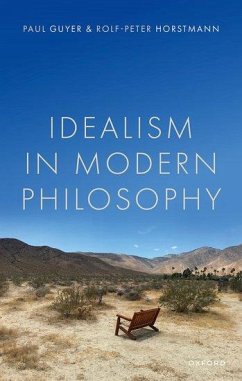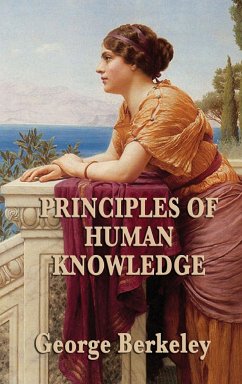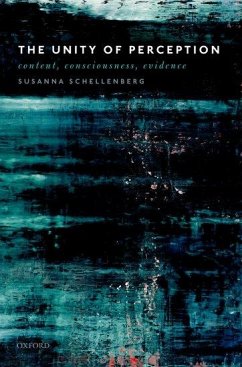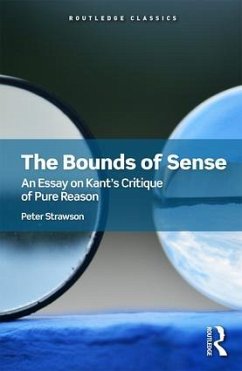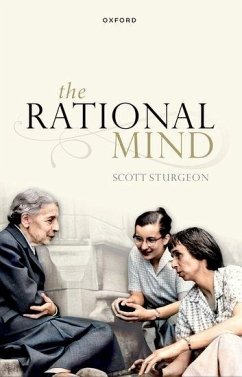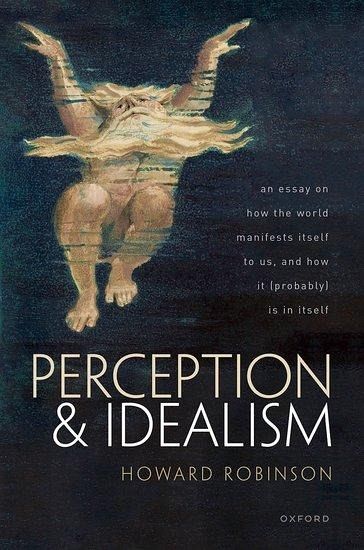
Perception and Idealism
An Essay on How the World Manifests Itself to Us, and How It (Probably) Is in Itself
Versandkostenfrei!
Versandfertig in über 4 Wochen
103,99 €
inkl. MwSt.

PAYBACK Punkte
52 °P sammeln!
Perception and Idealism examines how perception makes objects manifest to us, and what the world must be like for objects to be manifest in that way. Howard Robinson argues for a version of sense-datum theory about perception and theistic phenomenalism about metaphysical reality.



